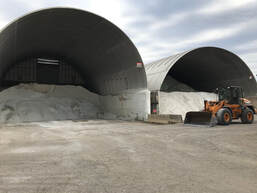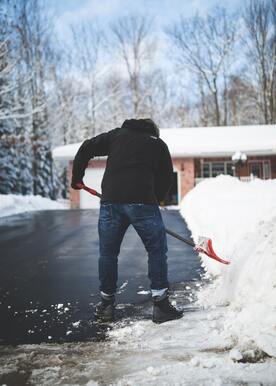 With all the craziness of 2020, our winter weather better not get any big ideas! If snow and ice are perhaps in our future, it is worth reminding ourselves that deicing materials can have adverse effects to our environment, especially our water bodies. Most of the popular deicing products sold are chloride-based products which contain salt with different combinations. Sodium chloride, otherwise known as salt, is the most widely used deicing material. Sodium chloride is an effective deicer, is inexpensive, readily available and easily stored. Chloride which is present in many of the common de-icing materials can damage vegetation, destroy soil’s structure and produce erosion, can damage and kill vegetation and can contribute to automobile corrosion. Common de-icing materials:
 While municipalities’ main priorities remain maintaining clear roads and highways while ensuring safe travel, many municipalities are looking at incorporating de-icing materials that are less impactful on the environment, and we can do that at our homes as well. Here are some tips for reducing or eliminating the use of deicers at your own residence:
So when the next big winter storm strikes, strike back, but in an environmentally friendly way. For more questions regarding Warren County Soil and Water Conservation District programs and/or technical assistance on water or soil questions, visit http://warrenswcd.com or call, 513-695-1337. Additional Resources:
1 Comment
|
Details
Warren County SWCD Staff BlogA blog to keep you informed on all the latest news at Warren County SWCD and in the conservation world. Archives
May 2024
Categories
All
|
|
|
Contact:PHONE: (513) 695 - 1337
EMAIL: [email protected] HOURS: Monday - Friday 7:30am - 4:00pm (except holidays) Connect:Warren County Soil & Water Conservation District Copyright © 2016
Warren SWCD Privacy Notice. Emails are serviced by Constant Contact. Constant Contact's Privacy Notice. |
